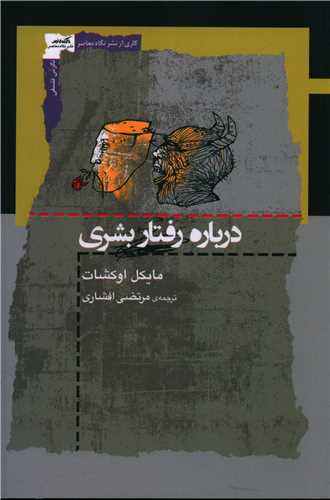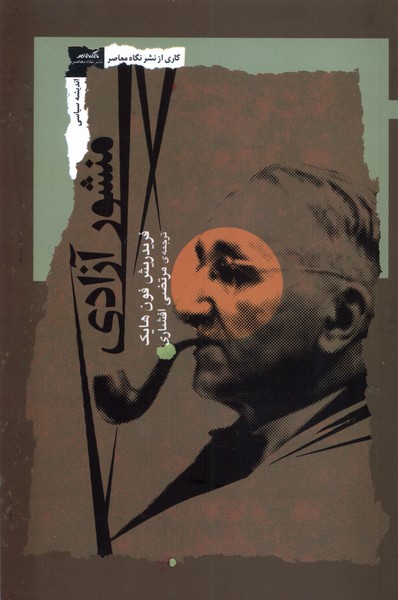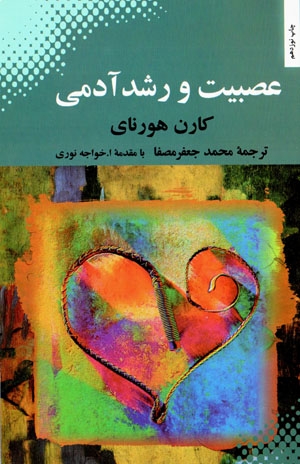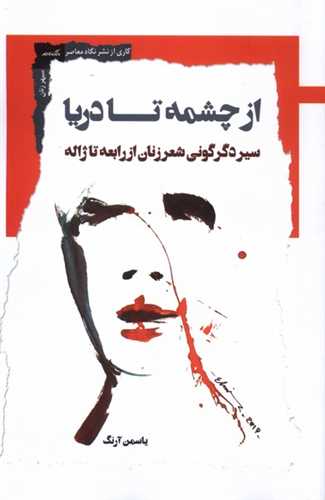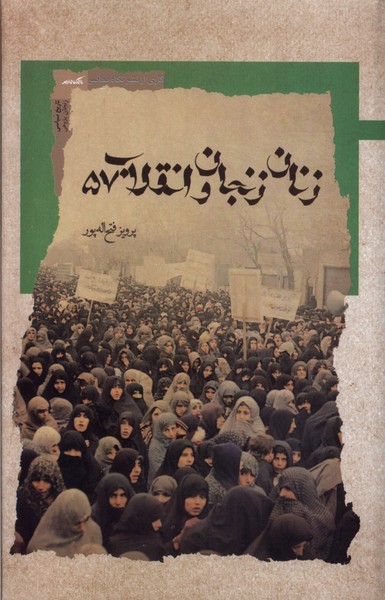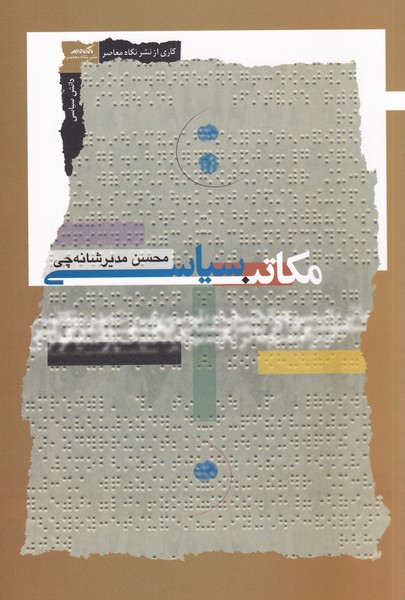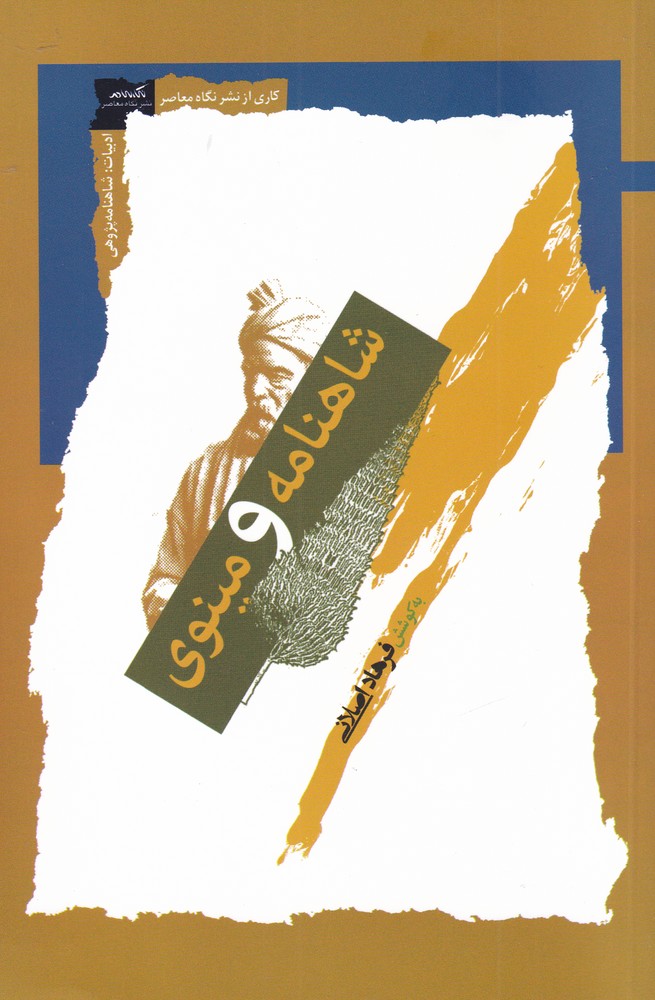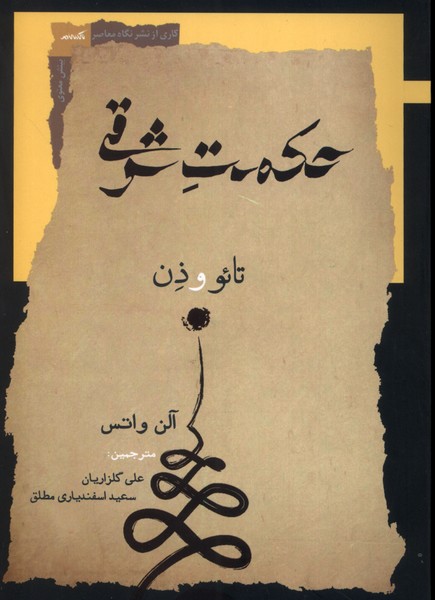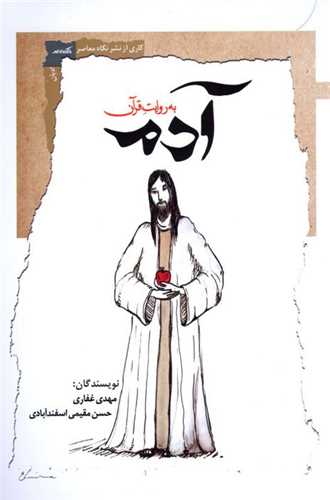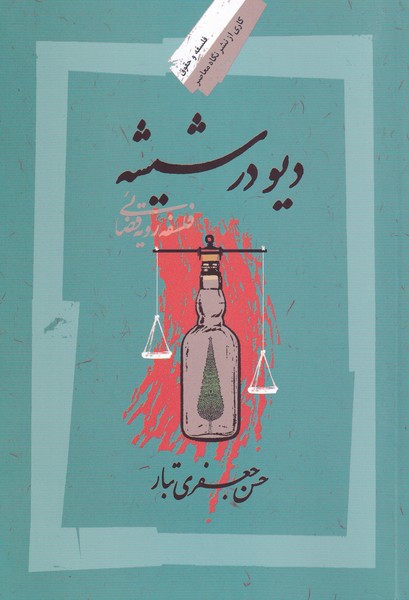Darbārah-i raftār basharī: Persian
درباره رفتار بشری
271 SEK
Share
Wishlist
ISBN:
9786222900892
Translator:
Murtazā Afshārī
Publisher:
Nigah-i Mu'asir
Age Group:
Adult
Pages:
467
Weight:
450 g
Dimensions:
14 x 21 cm
Book Cover:
Paperback
The book is composed of three long essays that aim at understanding the character of “civil association.” In the first essay, he sets out the moral framework for human association, distinguishing human “conduct” (action as a consequence of intelligence, emotion and will) from “behavior” (grounded in impulses and instinct). Once again, he recurs to a duality, this time between self-enactment and self-disclosure. Self-enactment is action considered from the point of view of a person’s own self-understanding; the motive or sentiment of action is primary here. In self-disclosure, by contrast, action is considered in light of what it may require or ask of others.
In the second essay, Oakeshott contrasts the two ideal types of “civil association” and “enterprise association.” In the first, humans associate in terms of a moral practice, where laws set out a structure for human interaction. The laws themselves do not advance or inhibit the particular causes of human beings or of groups but merely facilitate “civil conduct.” By contrast, “enterprise association,” which actually stands as the predominant modern conception of government, uses law to advance particular ends and causes. It offers less freedom to human beings because it necessarily imposes ends. Most modern political aims universal healthcare, increasing the minimum wage, facilitating free trade, racial and sexual equality—are actually “enterprises” which governments have deemed desirable and use their power to pursue.
more
more

